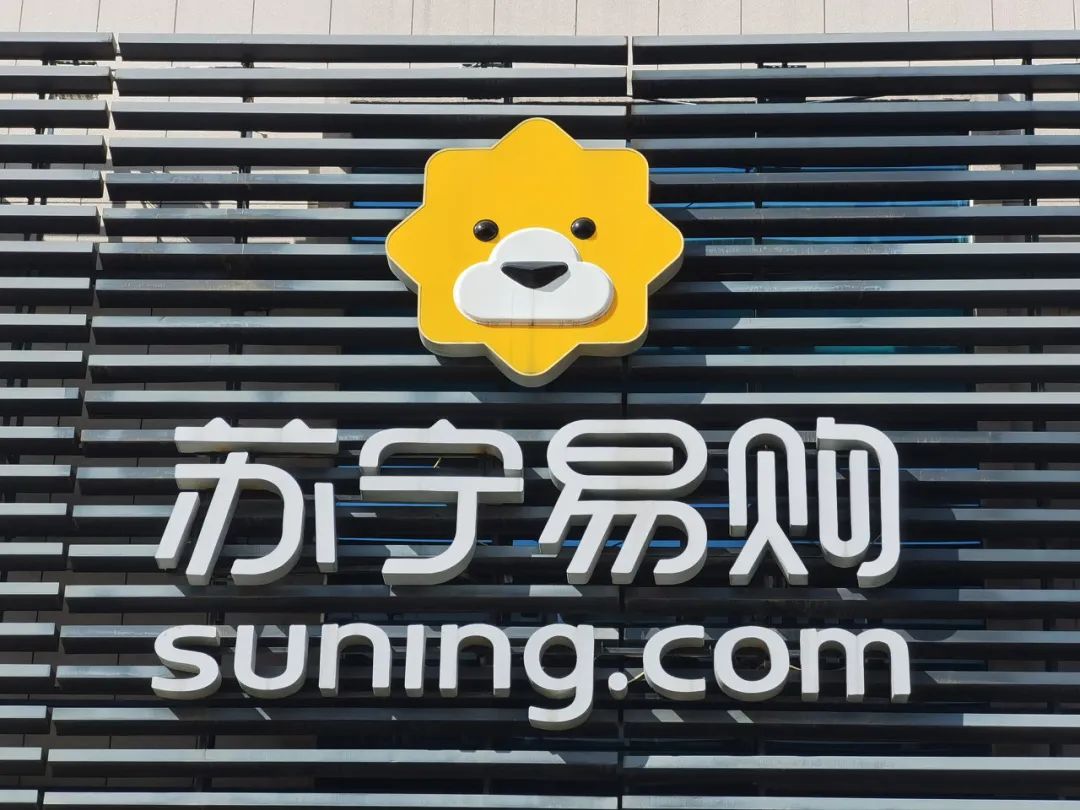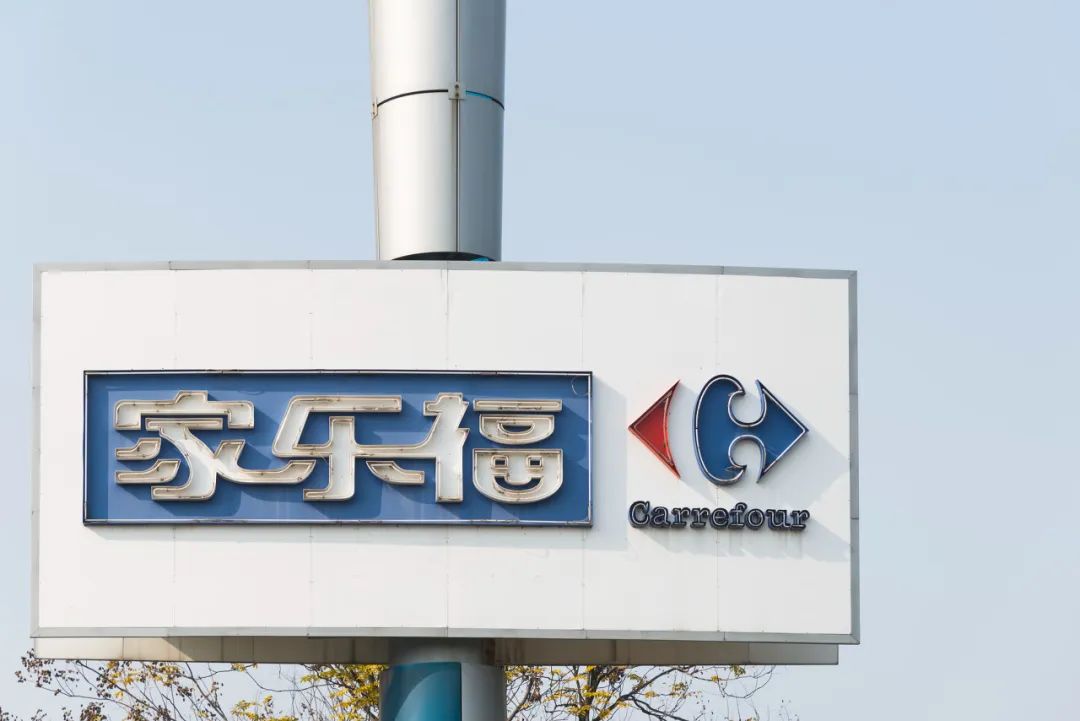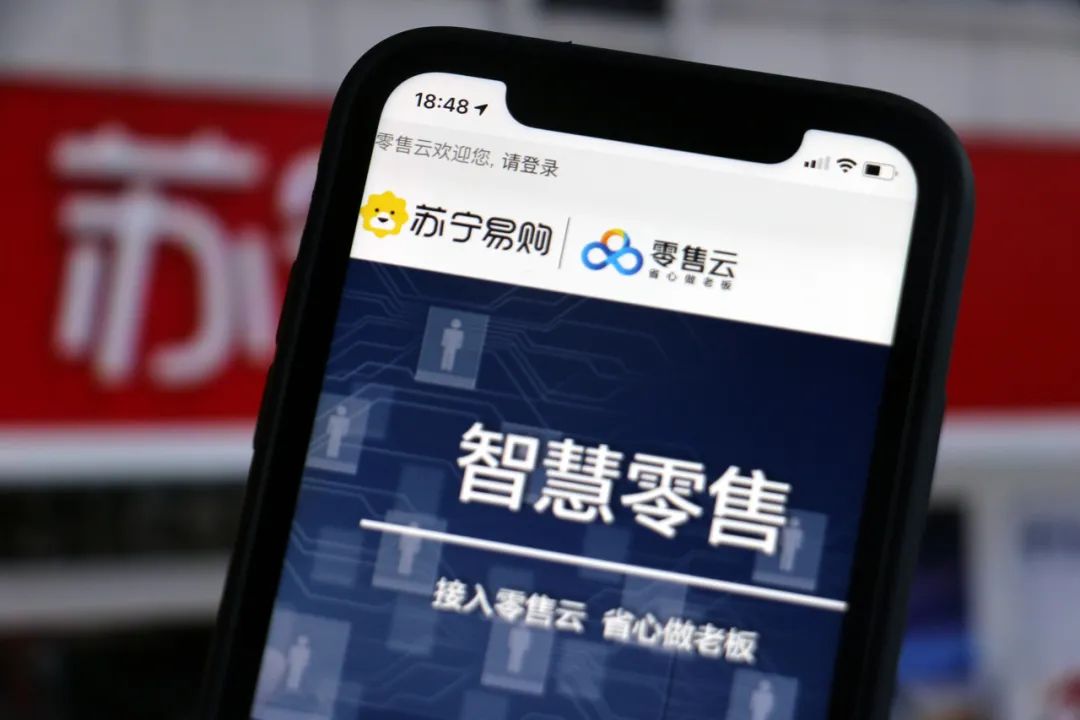Suning Tesco, Glimpse of Profitability
![]() 07/16 2024
07/16 2024
![]() 595
595

After numerous rescue efforts, emergency funding, prolonged recuperation, and self-recovery, Suning Tesco can finally be transferred from the ICU to a general ward.
In the first half of this year, the company has caught a glimpse of profitability, but this is attributed to non-recurring gains and losses, and the company's core business has yet to fully recover.
More importantly, the company's tight financial pressure and liquidity crisis have not been fully resolved.
Glimpse of Profitability
ST Tesco (002024.SZ) released its semi-annual performance forecast, finally offering a glimmer of hope to its over 200,000 investors.
For the first six months of this year, the company expects to achieve a net profit attributable to shareholders ranging from a loss of RMB 50 million to a profit of RMB 45 million. Regardless of the final audited results, this represents a significant improvement from the RMB 1.93 billion loss in the same period last year.
At the beginning of this year, the company's operating situation was still uncertain. In the first quarter, revenue reached RMB 12.58 billion, down 20.68% year-on-year, with a net profit attributable to shareholders of nearly RMB 100 million in losses, showing no significant improvement.
Starting in the second quarter, the company continued to focus on cost reduction and efficiency enhancement, leading to improvements in personnel and store productivity. During this period, the company capitalized on the home appliance trade-in policy, leveraging its store network advantages to reach out to users' needs precisely in both new and old neighborhoods. Additionally, it expanded customer acquisition channels through live streaming and instant delivery platforms.
Concurrently, the company moderately accelerated the expansion and upgrade of stores in core business districts, enhancing shopping experiences and store sizes, resulting in improved sales performance quarter-on-quarter.
Data shows that in Q2, comparable store sales revenue of the company's 3C and home appliance stores in mainland China increased by approximately 20.1% quarter-on-quarter.
These adjustments led to a turnaround in profitability in the second quarter, with an expected net profit attributable to shareholders ranging from RMB 47 million to RMB 142 million.

Although this is just a single-quarter pre-profit, it is a good sign for Suning Tesco, which has been experiencing significant losses. Since 2020, the company has reported substantial net losses for four consecutive years, totaling over RMB 67.8 billion.
However, it should be noted that the significant improvement in ST Tesco's performance does not necessarily indicate a full recovery of the company's core business. In the first half of the year, disposals of subsidiaries and debt restructuring contributed approximately RMB 500 million to RMB 600 million to the results. Therefore, the company's core net profit is still expected to be in the red by RMB 500 million to RMB 600 million.
In fact, Suning Tesco has been experiencing unprofitable core operations for over a decade. Since 2014, the company has reported cumulative core net losses exceeding RMB 85.7 billion.
The company's continued presence in the capital market is attributed to its sophisticated capital maneuvering and the maximum utilization of rules. In 2015, Suning Tesco's strategic alliance and share swap with Alibaba was one of Zhang Jindong's few wise decisions. Over the years, Alibaba's shares have repeatedly saved Suning Tesco from financial distress.
No Room for Complacency
After years of financial bleeding, Suning Tesco finally faced a liquidity crisis in 2021.
At that time, due to the inability to pay supplier payments on time, Suning Tesco's products across various channels were in short supply, leading to a situation where there were virtually no goods to sell. Hence, the nickname "Empty Ning" emerged.
Under immense pressure, Zhang Jindong, the founder and CEO, could no longer shoulder the burden alone. The Jiangsu Provincial Government, where the company's headquarters are located, extended a helping hand.
In July 2021, Jiangsu State-owned Assets Investment and Management Co., Ltd.-led New Retail Innovation Fund II acquired a 16.96% stake in Suning Tesco from shareholders including Zhang Jindong at a price of RMB 5.59 per share, for a total consideration of RMB 8.825 billion. As a result, Zhang Jindong lost control of the listed company. Subsequently, he resigned from all positions, including Chairman, retaining only the honorary title of Chairman Emeritus to continue advising the company.
Alibaba, Suning Tesco's largest shareholder, sent Huang Mingduan, a veteran retail executive with extensive experience in chain retail, to take over as Chairman. Upon taking office, Huang Mingduan embarked on significant reforms at Suning Tesco, swiftly closing down severely loss-making businesses such as Redbaby (maternity and baby products), Carrefour supermarkets, and 3C and home appliance stores, totaling over 600 closures. In 2019, Suning Tesco acquired Carrefour China, which had over 200 stores. By the end of 2023, only four remained.

Concurrently with the store closures, the company accelerated the opening of new stores in its advantageous sectors, such as home appliances and 3C products.
In April 2023, Suning Tesco's board of directors underwent a change, with Huang Mingduan, aged 68, stepping down and passing the baton of reviving Suning to younger "Suning people."
Ren Jun, born in 1977, was elected as the new Chairman and concurrently President. A veteran of Suning, he joined the company at the age of 22 and has held various senior positions, including Vice President, Secretary to the Board, and Director, giving him a deep understanding of the company's operations.
Under Ren Jun's leadership, Suning Tesco reported a net loss attributable to shareholders of RMB 4.09 billion in 2023, a significant narrowing from the RMB 16.22 billion loss in the same period last year.
This is the result of strategic contraction and a return to the company's core business.
Excluding the impact of the closure of Carrefour's large-scale hypermarket business, the company's revenue increased by RMB 2.239 billion year-on-year. Concurrently, the company focused on building a value chain for exclusive products, enhancing profitability. Gross margin increased from 18.85% in 2022 (excluding the impact of increased procurement costs on overall gross margin) to 20.62%.

However, from a financial perspective, Suning Tesco is far from being able to relax.
As of the end of March this year, the company's asset-liability ratio was still as high as 91.70%, with short-term borrowings and non-current liabilities due within one year totaling RMB 40.8 billion, while cash and cash equivalents stood at only RMB 13.81 billion, facing significant short-term repayment pressure.
As of December 31, 2023, the principal and interest of bank loans that had triggered defaults and early repayment events amounted to RMB 19.138 billion. As of March 31 this year, overdue payables reached RMB 32.789 billion.
Since the beginning of this year, ST Tesco's share price has continued to decline, hitting a historical low of RMB 1.12 per share on June 25. On that day, the company held a board meeting and urgently announced a share repurchase plan, intending to spend RMB 80 million to RMB 100 million within the next three months to repurchase shares at a price not exceeding RMB 2.04 per share.
A few days prior, 31 directors, senior executives, and business leaders of the company had already announced share increase plans. Although the total amount of RMB 5 million for the share increases is relatively small, it nonetheless represents a positive attitude.








